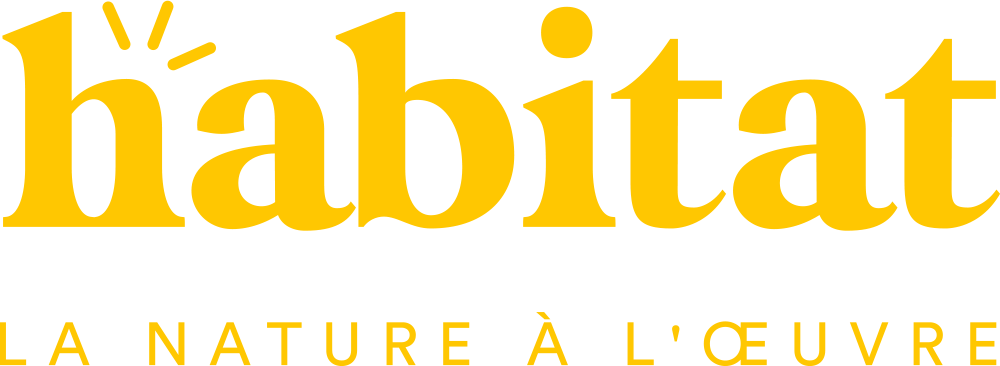Eco2urb becomes Habitat!
Nature itself is the bearer of multiple solutions. Healthy natural ecosystems sequester and store more carbon than any technology, promote the growth of our communities, strengthen our infrastructure and ensure a sustainable future for the planet’s plant and animal species.
For four years now, Eco2urb has specialized in the development of solutions rooted in nature. Our company develops methods and analysis tools at the cutting edge of science to offer you the best approaches to develop, restore, conserve or enhance the natural infrastructures of your landscapes.
On this Earth Day, we are pleased to unveil our new identity and a new company name: Habitat. Why make this change? Because we want a name that evokes who we have become and the statement we champion: that to counter the climate and biodiversity crises, we must innovate in the protection of natural habitats to protect our own habitat.
In the past year, our expertise has consolidated, our team has grown, and we are all set for a new start. The sciences of forestry, geography, ecology and economics are more than ever part of our offer thanks to our new Research and Development department. Our range of services is enhanced, whether with the addition of environmental scenarios, powerful modeling tools or the facilitation of workshops on specific issues.
Eco2urb was created in 2017 to meet a demand that we as university professors could not meet. Today, the company has become a true hub of innovation, with a growing team on the lookout for the needs of our clients. We have come a long way.
Habitat is ready to work with you to find the best solutions for your natural contexts and ecosystems. Let's face together the challenges of climate change, invasive species and the erosion of biodiversity while improving human well-being, with the confidence of an approach informed by science and the determination to bequeath a better world to future generations.
Jérôme Dupras (PhD)
Christian Messier (PhD)
Andrew Gonzalez (PhD)
Habitat co-founders

